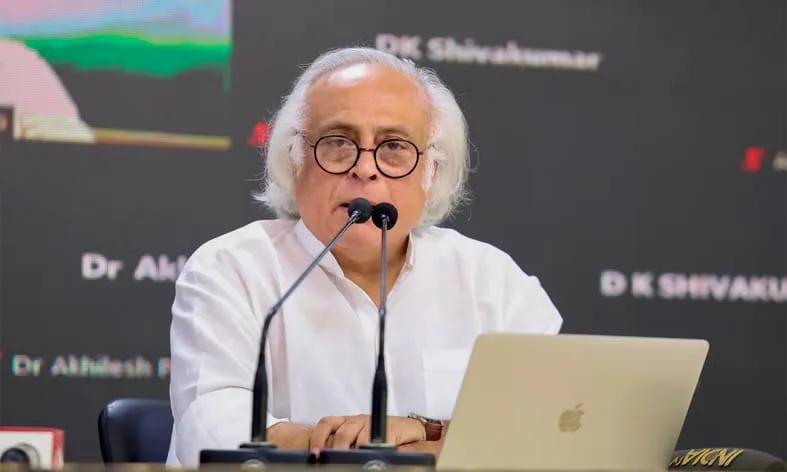Union Minister Amit Shah faces severe criticism from the Congress Party regarding his remarks on the contentious Great Nicobar Mega Infrastructure Project. Leaders fear the initiative will endanger indigenous tribes while disregarding vital ecological concerns. Prominent signatories of an open letter criticized the rushed clearances for the project, which threatens both human and ecological diversity.
On October 25, 2023, in a strong statement, Congress Parliamentary Party chairperson Sonia Gandhi called the Great Nicobar Mega Infra Project a “planned misadventure.” She stated it jeopardizes the survival of the Shompen and Nicobarese tribes and wreaks havoc on one of the world’s most unique ecosystems. Gandhi expressed her discontent over the government’s approach, emphasizing that the project lacks respect for environmental and legal processes.
The letter that garnered attention includes esteemed signatories like Padma Bhushan Ramachandra Guha, Padma Shri Romulus Whitaker, and wildlife biologist Ravi Chellam. They pointed out that fundamental policies, such as the ANPAT Regulation (1956) and the Shompen Policy (2015), have been ignored amid the project approvals.
They alleged that the Environmental Appraisal Committee overlooked essential anthropological and ecological objections. In a revealing statement, the signatories claimed that “Galathea wildlife sanctuary was denotified, and three new sanctuaries were notified without any consultation with the Great and Little Nicobar islanders.” Such actions fuel accusations of marginalizing the voices of indigenous communities.
The letter did not shy away from criticizing the potential conflicts of interest arising from government institutions involved in drafting and monitoring environmental management plans. The authors urged Environment Minister Yadav to prioritize ecological considerations over political motivations and reconsider the project’s implications.
In a contrasting narrative, Environment Minister Yadav defended the Great Nicobar Mega Infra Project as a matter of strategic, defense, and national importance. His written response in “The Hindu” sought to quell fears, stating that the project adheres to all environmental regulations despite Congress’s assertions to the contrary.
Concerns raised by political leaders and environmentalists signal a growing resistance against government projects that may compromise both ecological integrity and the rights of indigenous populations. With the government advancing the project amidst hubbub, the debate on balancing development and conservation continues.
The project’s proposed developments include expanding maritime facilities and enhancing tourism, but critics argue it fosters irreversible damage. Experts warn that the increasing frequency of natural disasters exacerbates risks, emphasizing the importance of sustainable practices in fragile island ecosystems.
As protests and discussions mount, the discourse surrounding the Great Nicobar Mega Infra Project exemplifies a broader issue of prioritization in Indian policy-making—highlighting the struggle between rapid modernization and preserving delicate natural environments.

